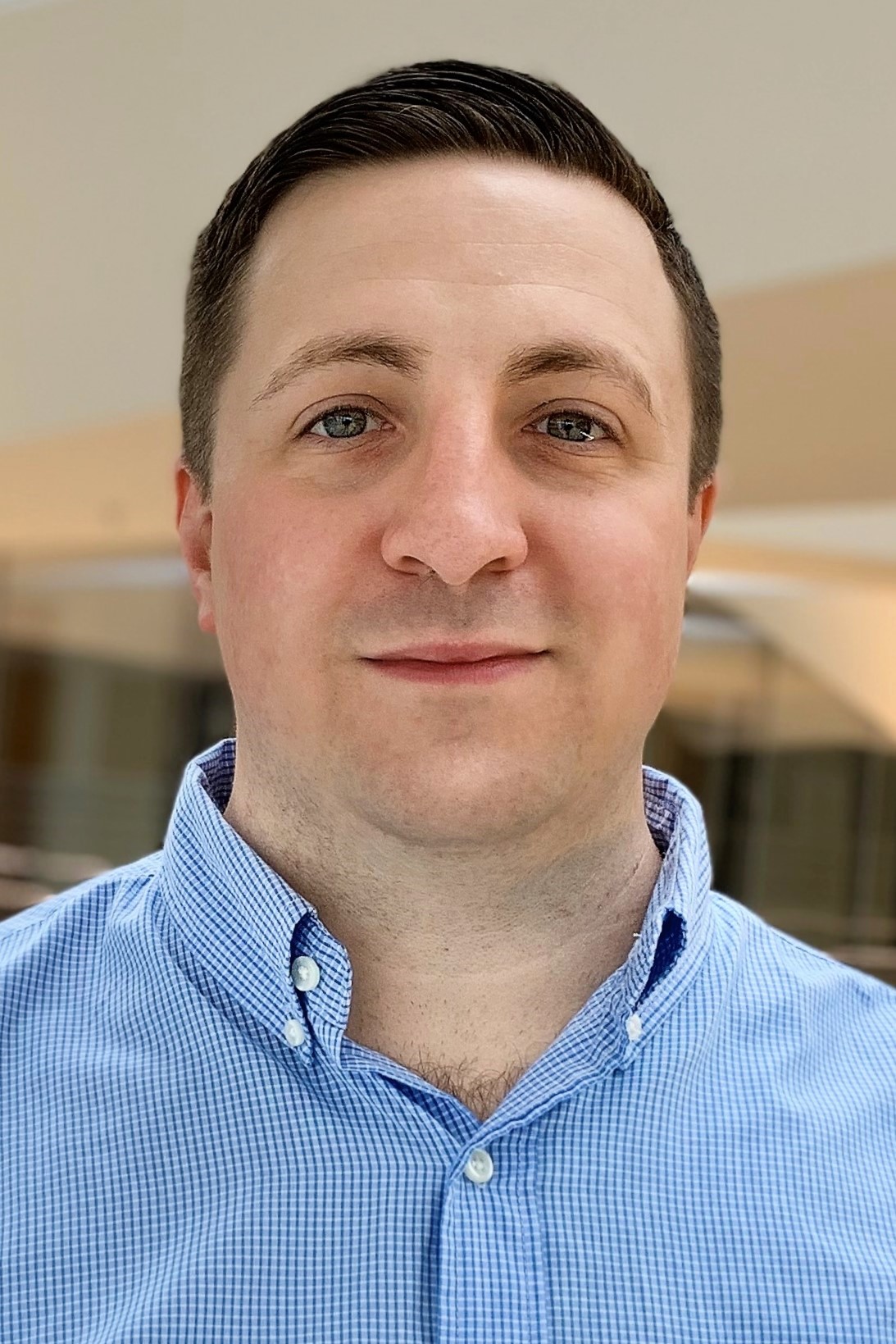
Dr. Scott G. Harroun
Biosensors/Nanomaterials
Ph.D. (Université de Montréal)
scott.harroun@uwindsor.ca
Assistant Professor
519 253 3000 x3535
275-D Essex Hall
Personal Homepage
RESEARCH AREA:
Biosensors and Nanomaterials
RESEARCH OVERVIEW:
Creating biosensors at the nanoscale provides advanced tools for biomedical diagnostics and for assays to study biochemical phenomena. Biosensors integrate a physicochemical detector with a biological receptor, such as a protein or a DNA aptamer, to identify specific (bio)chemical targets. This interaction generates a signal that is detectable by using scientific instruments or sometimes simply through a colour change. Classic examples of biosensors include the glucometer, which combines the enzyme glucose oxidase with an electrochemical sensor to measure blood glucose levels, and the lateral flow test, which uses antibody-bioconjugated gold nanoparticles to indicate biomarker detection through colour changes on a test strip.
The Advanced Biosensing and Nanotechnology Lab strives to push the boundaries of biosensor technology. We develop biosensors to detect biomarkers of disease, such as cancer, and to explore the biochemical functions of proteins. Our research toolkit includes customized DNA sequences, proteins with specific biological properties, plasmonic gold and silver nanoparticles, fluorescent molecules, and more. We are also interested in characterizing the interactions of (bio)molecules with surfaces, employing both experimental and computational tools. Current projects utilize fluorescence spectroscopy and surface-enhanced Raman spectroscopy, with future research potentially incorporating bioimaging technologies. Our work intersects with several disciplines, including analytical chemistry, biochemistry, physical chemistry, nanotechnology, and the design of medical diagnostics.
OPPORTUNITIES FOR STUDENTS:
Prospective undergraduate and graduate students, as well as postdoctoral researchers, who are interested in cutting-edge research and hands-on experience with biosensors and nanomaterials are encouraged to contact Dr. Harroun via email to explore available research opportunities.
